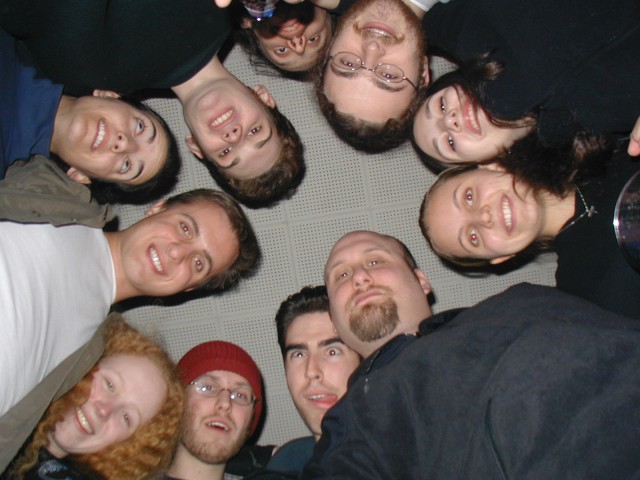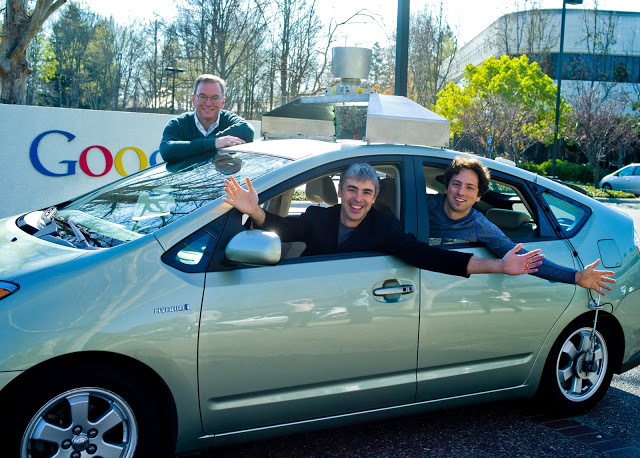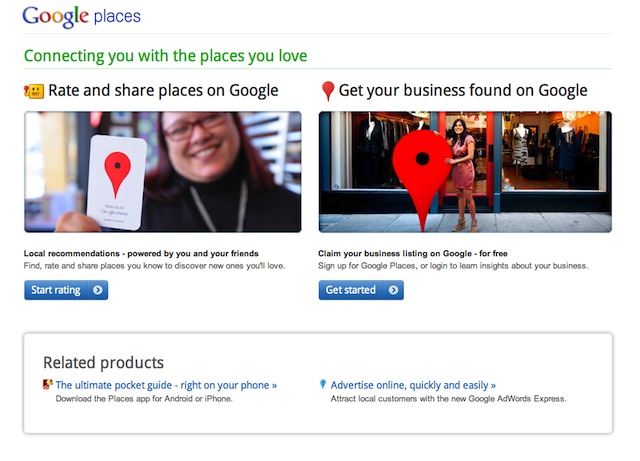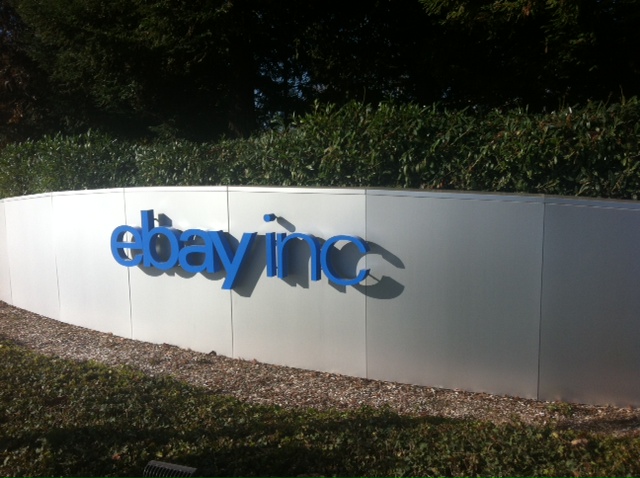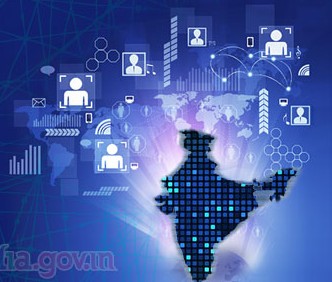It’s nice and comfortable living in an echo chamber and we’re all guilty of it one way or another. An example of how insular echo chambers can be are two surveys done by UK company Apollo Research on who UK and US tech writers follow on social media.
The answer was each other, with most tech writers following a common core of twenty in the UK and thirty in the US. Basically the groups are talking to each other which explains how technology stories tend to gain momentum as variations on the same stories feed through the network.
While technology journalists are bad for this, it could be argued their political colleagues are far more guilty of this group think as their working in close quarters makes them even more insular and inward looking. That explains much of the political reporting we see today which often seems divorced from the real world concerns of voters or challenges facing governments.
For all of us, not just journalists, it’s easy to become trapped in our own little echo chambers and find it harder to think outside the pack as the web and platforms like Facebook deliver us the information we and our friends find confirms our own biases.
Clearly, thinking with the pack creates a lot of risks and for businesses also raises opportunities. At a time of fast moving technology and falling barriers to entry, thinking outside the prevailing group could even be a good survival strategy.
A good example of industry group think is the US motor industry of the 1970s where they dismissed Japanese competitors as being cheap and substandard – similar to how many think about China today – yet by the end of the decade Japan’s automakers had captured most of the world’s market.
On a national level, Australia is a good example of dangerous groupthink as up until three years ago the consensus among governments, public servants, economists and business leaders was the China resources boom would last indefinitely.
Today that consensus looks foolish, not that those within the echo chamber are admitting they made the wrong call, and now governments are struggling to find new revenue streams as the expected rivers of iron ore and coal royalties fail to arrive.
For Australian businesses, governments looking to raise revenues are another factor to plan for and getting one’s tax return and company paperwork in on time might be a good idea to avoid fines from overzealous public servants.
The bigger lesson for us all however is not to think like the group. While it may feel safe in the herd, we could well be galloping over a cliff.
One simple way to avoid groupthink, and that cliff, is not to copy the tech writers or the Australian economic experts who mis-called the China Boom. With the web and social media we can listen to what other voices are saying, most importantly those of our markets and customers.
A varied information diet is something we all need t0 understand what our markets, economies and communities are doing. It might be comfortable huddling down with the herd, but you’ll never stand out from the pack.
